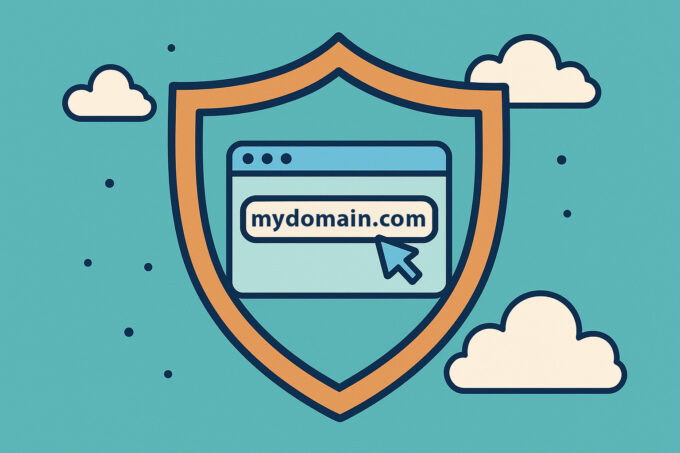If you’re new to the world of websites, the term “hosting” might sound unfamiliar and daunting. Don’t worry; we’ve got you covered! In this beginner’s guide to hosting, we’ll break down the essentials, including what hosting is, how it differs from a domain, its importance, cost implications, and practical tips for selecting the best hosting solution for your needs.
What is Web Hosting?
At its core, web hosting is like renting space for your website to live on the internet. When you create a website, it consists of files such as text, images, and videos. These files need to be stored on powerful computers called servers. Web hosting companies like us provide you with server space, ensuring that your website is accessible to users worldwide at any time.
Hosting vs. Domain: Understanding the Difference
While hosting and domain names work hand-in-hand to bring your website online, they serve different purposes. A domain is like your website’s address, while hosting is the actual house where your website’s content lives. Think of the domain as www.yourwebsite.com address and hosting as the storage space and server that holds all your website’s files. The domain is literally a record in the registrar’s database which points the visitors in the right direction of your website hosting.
Web Hosting vs. Website
Clarifying the Distinction
It’s common for beginners to confuse web hosting with the website itself. Your website is the collection of pages, images, and content you create, while web hosting is the service that ensures your website is accessible to anyone with an internet connection. Without hosting, your website wouldn’t be visible to the world.
The Importance of Web Hosting
Yes, you need hosting for your website to function properly. Hosting ensures that your site is available 24/7, loads quickly, and delivers a seamless experience to your visitors. Without hosting, your website won’t be live, and all your efforts to create an online presence will go to waste.
Do I Have to Pay for Website Hosting?

While there are free hosting options, they often come with limitations and ads. For a professional and reliable website, investing in paid hosting is recommended. The cost varies depending on the type of hosting and the features you need. But it’s a worthy investment to provide visitors with a smooth browsing experience.
The Cheapest Way to Host a Website
If you’re on a tight budget, shared hosting is one of the most affordable options. This means your website shares server resources with other websites, making it cost-effective. Additionally, some hosting providers offer discounts for long-term commitments or introductory offers for new customers. Our hosting even at the minimum level is commitment free. Just remember to balance cost and performance for the best results.
Which Hosting Should I Choose?
The best hosting choice depends on your website’s needs. For smaller websites, shared hosting may suffice, while larger sites may benefit from VPS or cloud hosting. Consider factors like website size, expected traffic, technical support, and budget when making your decision. Many providers offer scalable options, allowing you to upgrade as your website grows.
The Hosted Conclusion
Understanding hosting is essential for anyone looking to establish an online presence. Remember, hosting is the foundation that enables your website to thrive on the internet. With this newfound knowledge, you can confidently choose the right hosting solution and embark on your digital journey with ease. Still confused? Let’s talk…



